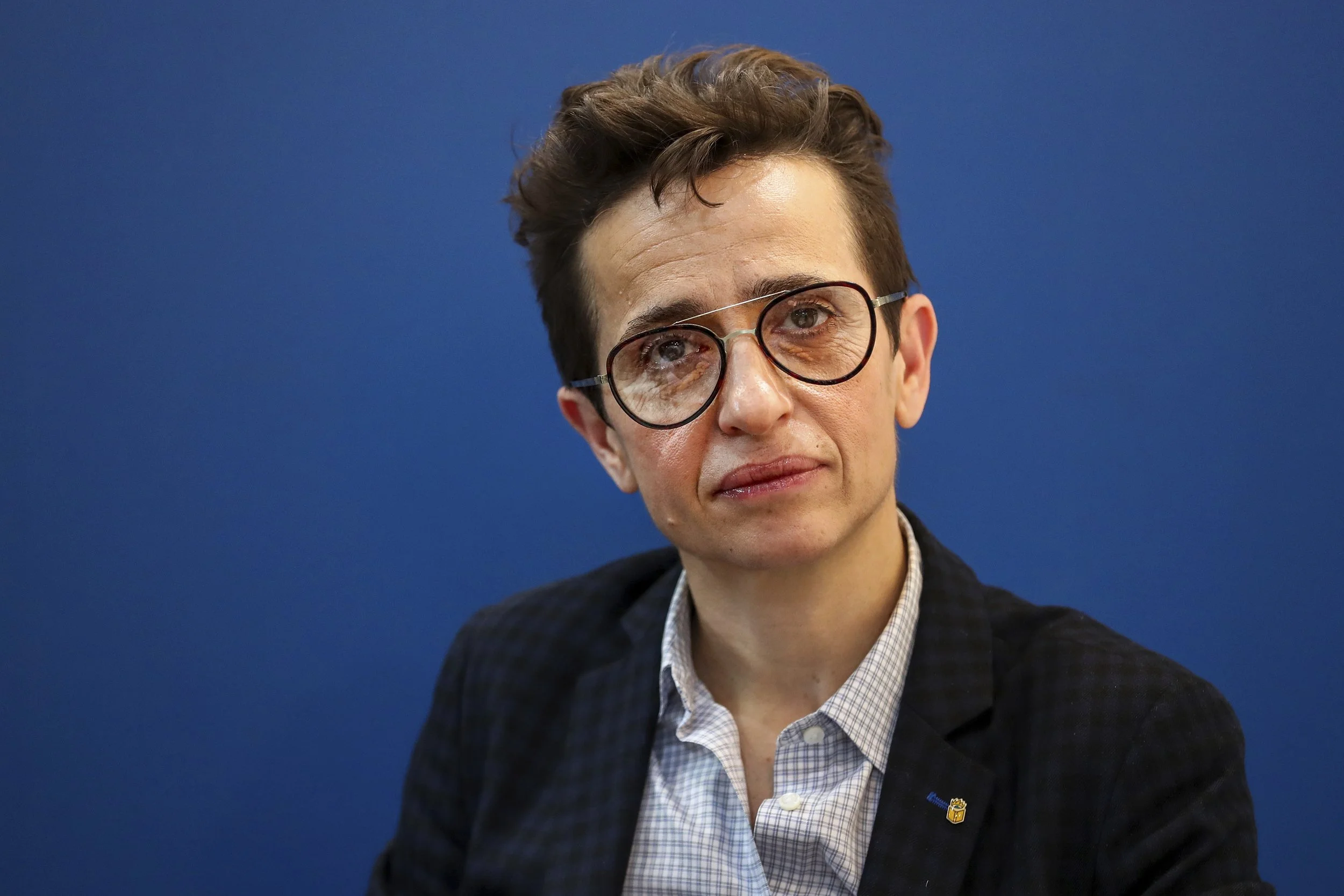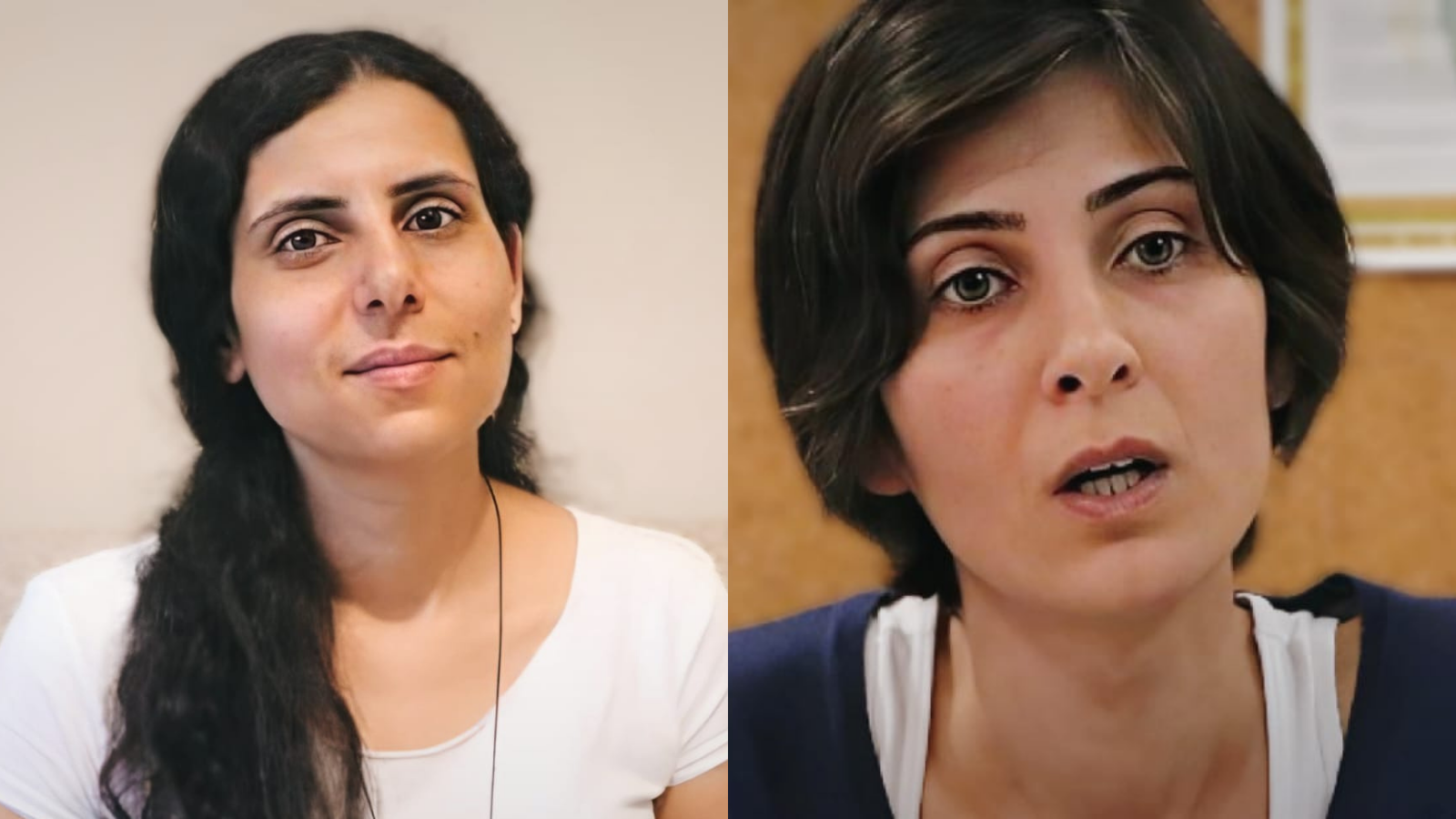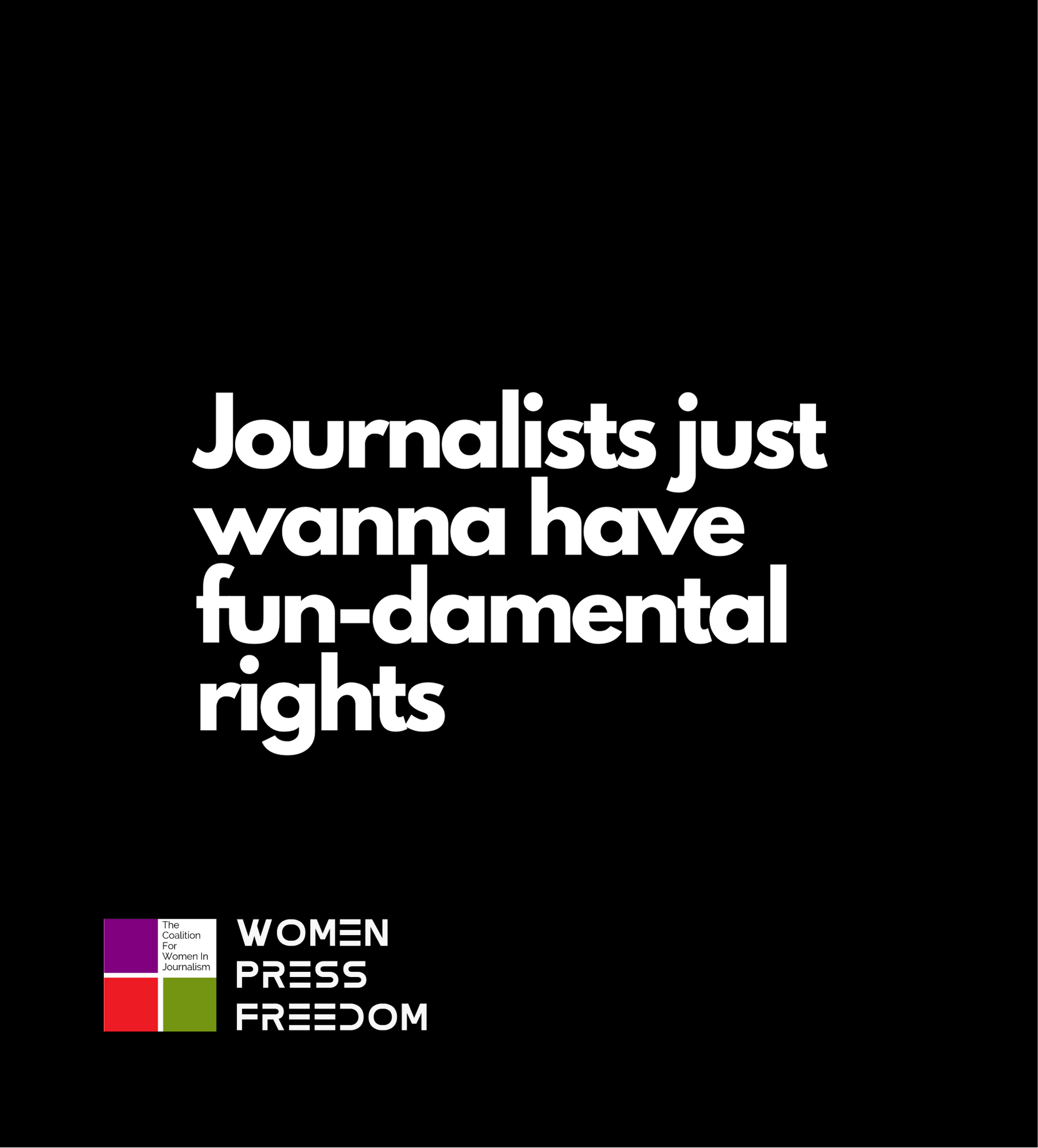Journalists Freed in Prisoner Swap: A Pivotal Moment to Remember Those Still Behind Bars
The recent release of Alsu Kurmasheva from prison in a prisoner swap has stirred a wave of emotions among women journalists globally. It is a moment of joy that she is finally free, yet it also serves as a stark reminder of the many who remain unjustly imprisoned.
As we celebrate Alsu's liberation, we must continue to advocate those still behind bars and keep the spotlight on their plight. Below are reflections from women journalists who intimately understand the bittersweet nature of such events, shedding light on the broader context and the ongoing struggles their colleagues face worldwide.
Olga Kravets
I covered Chechnya for almost 15 years, and the first thing I thought about when seeing the news about the liberation of American journalists was: what about the Chechen family of the slain Zelimkhan Khangoshvili? No Chechen considered themselves safe in Europe for years, but at least they hoped to have been living in a state governed by the rule of law. And then the U.S. pressured Germany to release the hitman into Putin’s embrace.
As much as we can salute the American effort to save every single life of their citizens at any cost, something that makes Russian soldiers laugh when they see Saving Private Ryan, this exchange proved once again that the opinion of oppressed minorities does not and will not matter. Khangoshvili’s widow was neither asked for her opinion, nor warned the exchange was about to take place. She told Radio Liberty, Also Kurmasheva’s employer, that she felt surprised and outraged. “Who cares what we, the little people, think?" Manana (aka Raisa) Tsiatiyeva concluded.
And then I inevitably think about the colleagues across the world living under oppressive regimes, who are not protected either by staff jobs or a passport that allows them to hope that if they get in trouble covering a cruel dictatorship, they will get somehow saved. In 2012 I helped an emerging author in Moscow to edit a book that could have become a bestseller in times of war in Ukraine and brought him recognition (meaning more jobs and more financial security). In March 2022, he abruptly stopped this work and our collaboration in order to be able to stay in Russia because his elderly mother was sick, and he could not consider moving abroad or even publishing his book anonymously. It’s a celebration with tears in my eyes this week.
Olga Kravets is a French film director and producer, born in Moscow to a Ukrainian father and a Russian mother, co-author of “Grozny: Nine Cities” (Dewi Lewis, UK, Filigranes, FR, 2018) and author of “More Fear Than Allah” (Editions Sometimes, FR, 2022)
Anna Nemtsova
For more than two decades, I have covered politics, crises, wars, corruption, domestic violence, and other social issues in more than 30 countries.
Unfortunately, I had to write about crimes committed against journalists in Eastern Europe, Caucasus, Asia, and post-Soviet countries.
Not many understand what professional journalists do. We listen attentively to what public officials say and then check if that's true. That honest job is rarely tolerated by corrupt or dictatorial authorities. Reporters are targeted by special services, thugs, and organized criminal groups.
I was abducted and interrogated twice in Donbas, Ukraine, both times by a mix of thuggish Russian and Ukrainian pro-Russian militia. Of course felt stressed and remembered many abduction stories I'd covered, but I also felt bad, since I could not work: it was my failure - once you are captured, you cannot go on reporting on very crucial stories, and that is our main responsibility as journalists.
I believe that my biggest responsibility on the field is to stay safe, free, and file copy, and to inform people.
No government across the world should allow arrests or violence against reporters. It was a bittersweet prisoner swap operation last week between at least six countries - Russia released 16 prisoners, including several colleagues.
I am happy our colleagues Alsu and Evan are out of Russian jails.
And I am also sad that thousands of Ukrainian civilians, hundreds of Russian political prisoners remain in horrific prisons, many of them are being tortured, but nobody writes their stories, simply because, unlike reporters, these victims of injustice are not famous.
Anna Nemtsova is a correspondent for The Daily Beast in Eastern Europe and a contributing writer for USA Today, The Atlantic, and Rolling Stone.
Nasta Pilyugina
I felt a lot of mixed feelings because I know I should be happy for those who are out, but it's difficult for me to feel good because I know that Belarusian journalists and women are in much worse conditions in Belarusian jails.
Right now, Belarusian jails are much more cruel. The conditions are much more severe. Those who have any chance to move from a Belarusian prison to a Russian one, for example, those with Russian citizenship, all try to do so because conditions there are better. However, imprisonment is still very difficult for mental and physical health.
Every time I hear about women journalists being imprisoned or released, I first think about their health. If they are released, I am always happy they can now rehabilitate and no longer endure torture. In Belarusian prisons, women often lose their sight and reproductive health, likely irreversible damage. They also suffer from back issues and stomach problems because the food in prison is horrible, not just in taste or nutrition, but it also deteriorates gut health.
Many have serious stomach and gut issues, and several need urgent surgeries, like Maria Kolesnikova, who didn't have these health issues before imprisonment.
When I get news about women in jail or those who have been released, I think about their physical survival, which is the main concern. It's crucial for me that journalists leaving prison have enough time and options for proper rehabilitation and don’t return to work too quickly.
Thank you. Many of our political prisoners and women journalists had to return to work quickly because they didn't have enough money to take more time off. They come back with PTSD and other mental health issues, which is a big problem. Returning to a heavy, toxic work environment, especially in journalism connected with war and repression, is very challenging for someone who has not fully recovered after prison.
Nasta Pilyugina is a blogger and host of the "dzigital" podcast, who herself was detained in Minsk in 2021.
Women Press Freedom is an initiative by The Coalition For Women In Journalism
The Coalition For Women In Journalism is a global organization of support for women journalists. The CFWIJ pioneered mentorship for mid-career women journalists across several countries around the world and is the first organization to focus on the status of free press for women journalists. We thoroughly document cases of any form of abuse against women in any part of the globe. Our system of individuals and organizations brings together the experience and mentorship necessary to help female career journalists navigate the industry. Our goal is to help develop a strong mechanism where women journalists can work safely and thrive.
If you have been harassed or abused in any way, and please report the incident by using the following form.



































